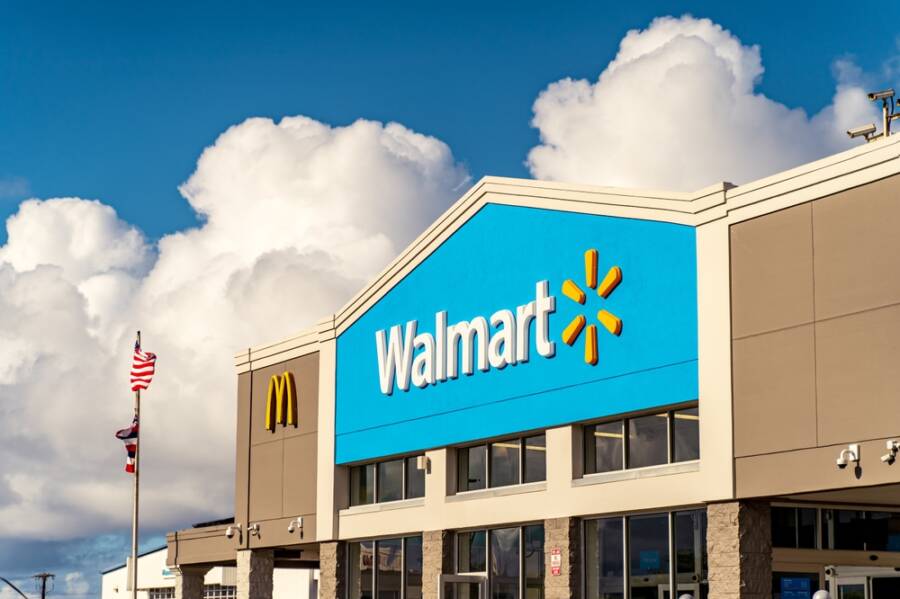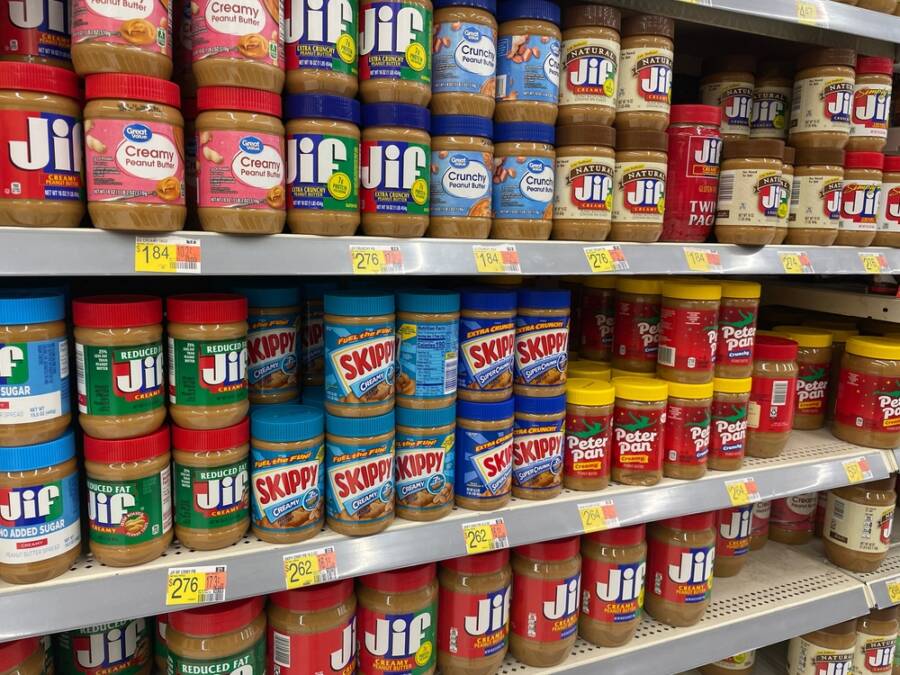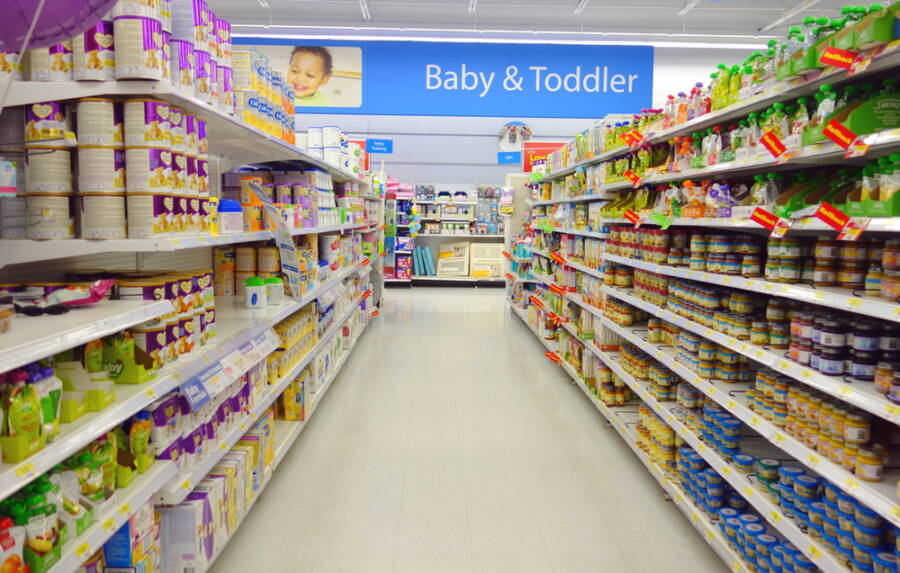Are You Often Shopping From Walmart? You Should Know This!
With over 4,500 stores in operation throughout the country, Walmart is one of the top retail grocery chains in the United States and millions of people depend on it for their everyday needs. However, the huge number of available products offered at each location also increases the chances Walmart will have to issue product recalls.
Recalls are not just minor inconveniences; they can indicate hazardous issues when they affect a consumer’s safety and are a significant liability for the company.

How do recalls appear and how do they affect Walmart’s reputation?
Recalls can occur for various reasons, but probably the most common one, when it comes to food, is the contamination with harmful bacteria like Salmonella or E. coli. When something like this happens, the company must take steps to remove the product from shelves and alert consumers who have already purchased it.
There are different types of recalls. The voluntary ones, happen when the company itself initiates the recalls and the mandated ones are initiated by government agencies like the U.S. Consumer Products Safety Commission (CPSC) or the Food and Drug Administration (FDA).
Why is Walmart dealing with so many recalls? We, everything is due to its size. Walmart is a giant brand in the world. Considering its number of shops, even a small percentage of recalls can result in a significant number of recalls.
Even if the recalls were caused by a manufacturing error unrelated to Walmart itself, they have been damaging to the store and its image. With that in mind, we will take a look at 8 food recalls that Walmart will never forget about.
8 Awful Recalls Walmart Had to Deal With

1. Peanut butter – Salmonella
It’s common for the food to be produced at a single plant and sold in stores across the country. It’s not only an efficient and cost-effective method, but it also represents some risks. In 2006, all the peanut butter produced by plants in Georgia infected at least 630 people from 47 states with Salmonella.
Even though no deaths were reported, the incident seriously affected two of the most popular peanut butter brands Peter Pan and Walmart’s Great Value. Even in 2007, unopened jars were found containing Salmonella. After research, it was discovered that the conditions were caused by a leaking roof which led to bacteria growing on peanuts used to make peanut butter.
The case didn’t affect directly Walmart, but it also had to suffer since it was selling these peanut butter brands. Any recall can damage a brand’s reputation. So, it’s very important how these kind of situations are managed.
2. Ground beef – E. coli concerns
If the animals aren’t properly cleaned after slaughter the E. coli bacteria can contaminate the meat, making it very dangerous to consume. It happened in May 2024, when Cargill Meat Solution recalled 16,243 of raw ground beef from Walmart locations. The affected beef was exclusively distributed by Walmart. It issued recalls for 6 different types of beef products from stores across 12 states.
No illness has been reported but ground beef is clearly a product you should strictly avoid buying from Walmart.
3. Noodles – mislabeling
Accurate labeling is very important, especially in the food industry. It alerts consumers of the presence of potential allergens and it also provides consumers with vital information. S&S Cup Saimin contained egg white powder and it wasn’t declared on the label, leading to over 37,000 recalls. It happened in May 2024 and seriously affected the brand’s reputation.
Individuals with egg allergies can develop serious problems and experience dangerous reactions because of egg consumption. By far, the most dangerous allergic reaction that may occur is called anaphylaxis and it can put life in danger. Not to mention the ingredient was a fatal mistake from the brand and will be interesting to observe how it will recover in the following months.
Thanks to prompt recalls by big retailers, including Walmart, no illness appeared or has been associated with the consumption of noodles.
4. Baby cereal – high arsenic levels
Inorganic arsenic is a very dangerous and heavy metal that contaminates water in a lot of countries. It can be harmful for everyone but it’s the most dangerous for children since it can develop bodies and brains.
In 2021, Maple Island announced its Parent’s Choice Rice Baby Cereal had tested above The Food and Drug Administration’s guidance for naturally occurring inorganic arsenic, leading to a recall. Brian Ronholm, the director of food policy at Consumers Reports, said in 2021 that baby food manufacturers should consider pulling infant rice cereal from the market until they can implement effective mitigation measures to address inorganic arsenic. Maple Island did the same, recalling products from Walmart stores as a result.
5. Candy – Salmonella
A major supplier of confections is Palmer Candy. In May 2024, Palmer issued a nationwide recall that included items sold at Walmart. The recall occurred because it was found that an ingredient used in certain coatings was infected with Salmonella. So, the company recalled all the products that had a white coating.
Walmart suffered a lot since it had to recall a huge variety of coated snacks, candies, and other confectioneries. In the end, 32 Palmer Candy products were recalled. Even though no illnesses were reported, the case still haunts Walmart.
6. Baby formula – bacteria
Everyone is vulnerable to foodborne issues, but those with a fragile immune system suffer the most. Babies should be protected at all costs because in this case, contamination can have fatal consequences. Products like baby formula are manufactured under strict guidelines, making retailers extra cautious. In 2011, Walmart removed a baby product formula from the shelves, even though no official recall has been reported.
There was a tragic death of a 10-day-old Avert Cornett in December 2011, caused by Cronobacter sakazakii infection. Enfamil Premium Newborn Powder was believed to have caused the illness, but research has been done and no official recall occurred in the end.
Walmart still decided to remove the product from stores across 49 states.
A great formula is Gerber Good Start Baby Formula Powder which can be found on Amazon.

7. Ground turkey – Salmonella
Cargill Solution issued a recall in 2011 for 36 million pounds of ground turkey products. The meat was contaminated with Salmonella and it all came from Arkansas and was distributed to multiple stores in the U.S., including Walmart.
The recall was more concerning than others since Salmonella was resistant to a significant number of drugs, making infections almost impossible to treat. 79 people were infected, 22 needed hospitalization, and one person died.
Big retailers such as Walmart did everything to keep things under control and minimize the spread, but the case will probably haunt the company forever.
8. Fruit – hepatitis A
In 2023, hepatitis A was caused by contaminated strawberries. This food group is often eaten raw, so it poses a significant risk when it comes to foodborne illnesses. The outbreak from 2023 led to 10 infections and 4 hospitalizations. Also, several strawberry products were recalled from Walmart locations.
Centers for Disease Control and Prevention found out that strawberries produced by specific farms in Baja California, Mexico represented a problem. Even though the virus is not usually fatal, it can cause some serious health issues. Sometimes, need months to fully recover.
The contaminated strawberries were distributed to major retailers such as Walmart, Costco, and Trader Joe’s. Great Value Sliced Strawberries, Great Value Mixed Fruit, and Great Value Antioxidant Fruit Blend were the 3 products Walmart recalled from stores in 32 states.
Before leaving, make sure to check out another related article: Top 14 Healthiest Store-Bought Condiments for Americans.








1 thought on “8 Walmart Recalled Products That Ruined the Store”
I have purchased the Walmart Great Value Peanut Butter recently. Is there an identify number as to maybe be recalled for the salmonella problem?